Innovation workshop for Marine Spatial Planning: Norway 2050
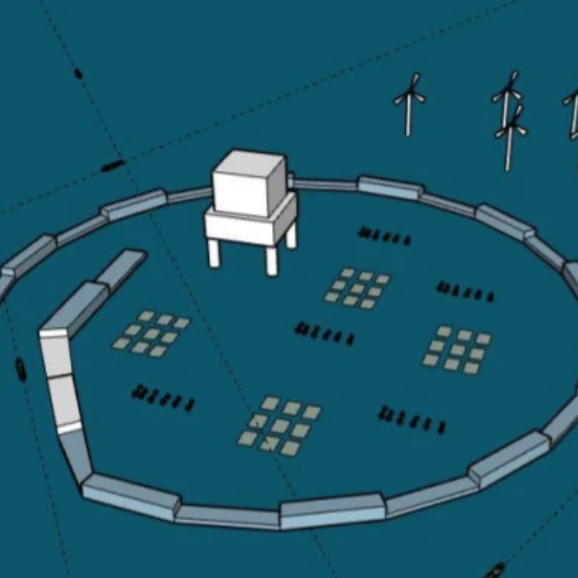
Cesar Jung-Harada from MakerBay / Scoutbots supported by Ken Chew and Eddie Yung, went to Bergen to co-deliver a 2-days intensive workshop, for about 20 students from different backgrounds and different parts of Norway. They gathered at the Marineholmen Makerspace, on the invitation by Bergen University to invent together the future of Marine Spatial Planning (MSP), or “Norway Blue Growth 2050”.

Norway is a fascinating and diverse place. Stretching from 57° and 81° North, Norway has over 50,000 islands and a coastline of 83,000 kilometers. The historical relationship from land and ocean is as deep as its many fjords. It is no surprise that the nation has been forever dependent on the ocean. Currently, Norway’s economy heavily relies on offshore petroleum and natural gas, agriculture, forestry, fishing, and manufacturing. Norway already busy waters are in the process of accommodating emergent industries: offshore wind power, large offshore aquaculture and in a more distant future controversial deep-sea mining, arctic petroleum exploration and the “Northern sea route“, connecting Europe to Asia through the ice-free Arctic ocean.
As the requirement to limit carbon emissions become more stringent, yet economic development is seen as a prerequisite, Norway is struggling to make a plan for its ocean management.
The Challenges: A Crowded Sea
The Making of Norway Blue Growth, 2050
Making of (4 minutes video): https://youtu.be/5bDaXwnt7Lw
Originally, the leaders of the workshops expected that the students would DIVIDE the map is specialized activities.
Instead, early on, the students aimed for a MULTI-USE synergistic approach.
The Vision: “Ocean City” Renewable Energy and Sustainable Aquaculture
Performance (13 minutes video): https://youtu.be/D0Z0u3ctaI4
Taking advantage of emerging technologies, the students designed a complex modular system that would repurpose the existing infrastructures such as soon-to-be-decommissioned oil rigs and convert them into floating renewable energy hubs, combined with large offshore aquaculture. The workforce from the fossil industry would take little time to be trained and transition to new safer jobs in offshore wind, solar and wave energy.
Guided by the mentors, the students performed a vision of what Norwegian youth wants for their future, how they intend to be part of solving global warming.

Thanks to
- Norsk Marin Universitetkonsortium: https://www.uib.no/node/116581/norsk-marint-universitetskonsortium
- UNIVERSITETET I BERGEN: https://www.uib.no/
- Marineholmen Makerspace: https://marineholmenmakerspace.no/ Norwegian
- Catapult Centre: https://mtnc.no/
- GCE Ocean Technology: https://www.gceocean.no/
- Fana Sparebank: https://www.fanasparebank.no/
- Scoutbots LTD Ocean Robotics: http://www.scoutbots.com
- MakerBay Hong Kong Makerspace: http://www.makerbay.org
- Cesar Jung-Harada: http://www.cesarharada.com
- 3D Design by by Silje J. Source file.
- Performance (13’02”) : https://www.youtube.com/watch?v=D0Z0u3ctaI4
- Making of (3’46”): https://www.youtube.com/watch?v=5bDaXwnt7Lw
- Private Facebook group
Workshops leaders
- Dr Beatriz Balino
- Susan Johnsen
- Trygve Trohaug
- Cesar Jung-Harada
- Thanks to Ken Chew and Eddie Yung
Students
- Aurora Baardsen
- Joshua Nyarko Boampong
- Julie Grøver Martinussen
- Henrik Hellem
- Adrianna Kochanska
- Idunn Koi
- Joachim Gjesdal Kristensen
- Erik Andreas Larsen
- Jie Liu
- Morten Mürer
- Caritha Lorenza Furnes
- Aminda Marlen Titlestad Ripe
- Maren Rong
- Silje Jakobsen Skagseth
- Phani Manne
- Jonas Müller
- Asbjørn Nordrum
- Bjørnar Hallaråker Røsvik
- Bamidele Theophilus
- Oskar Ullestad
- Håvard Økland
- Elske Koelma

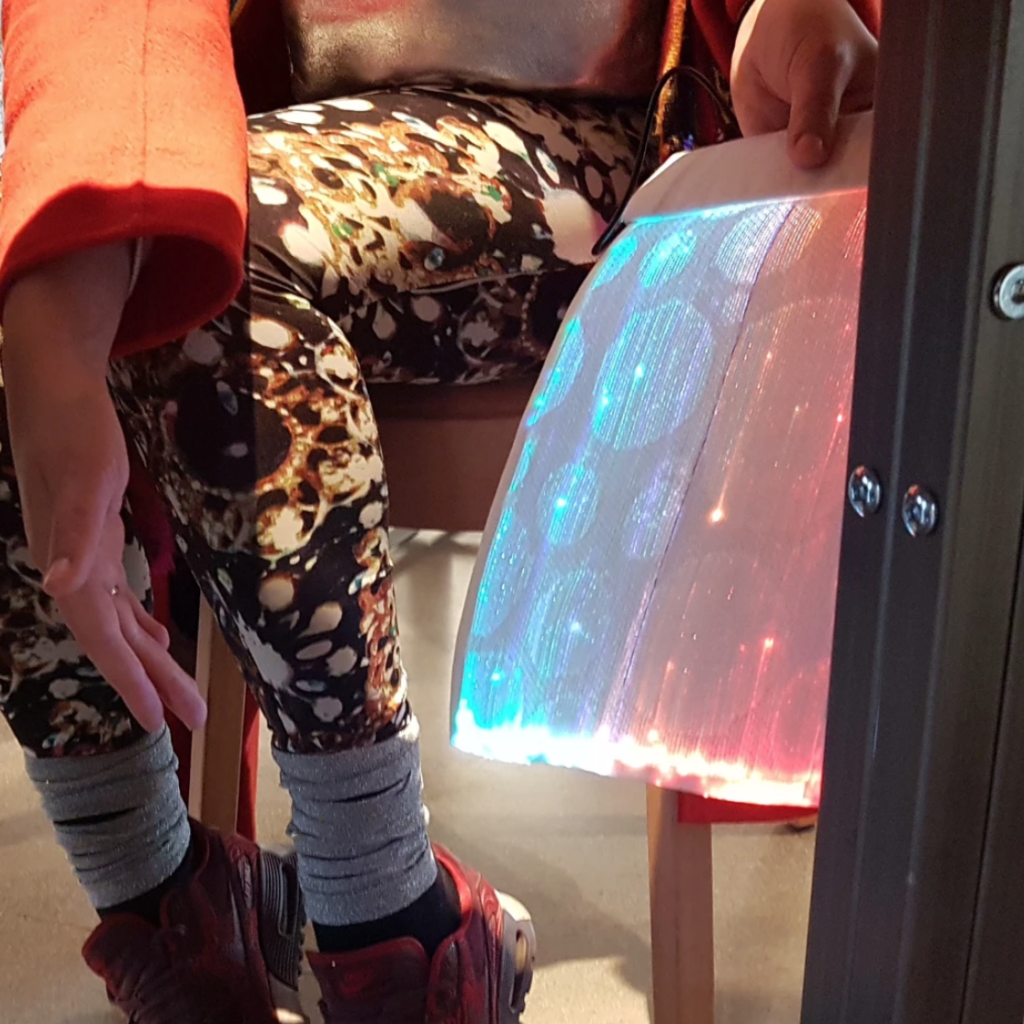
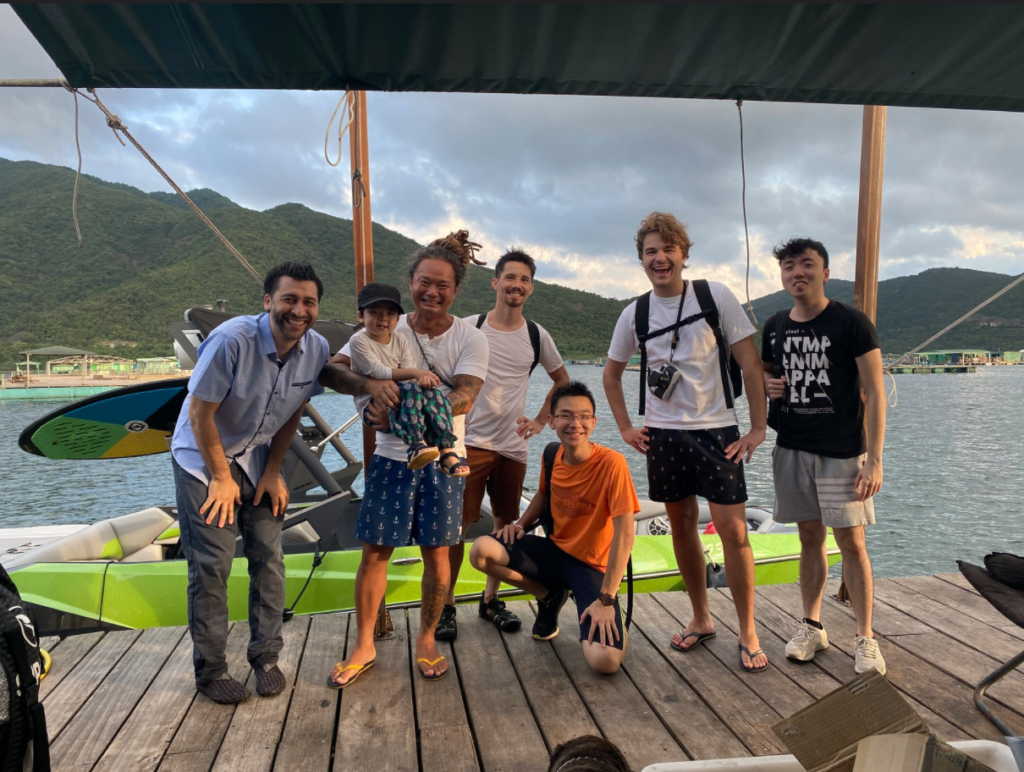
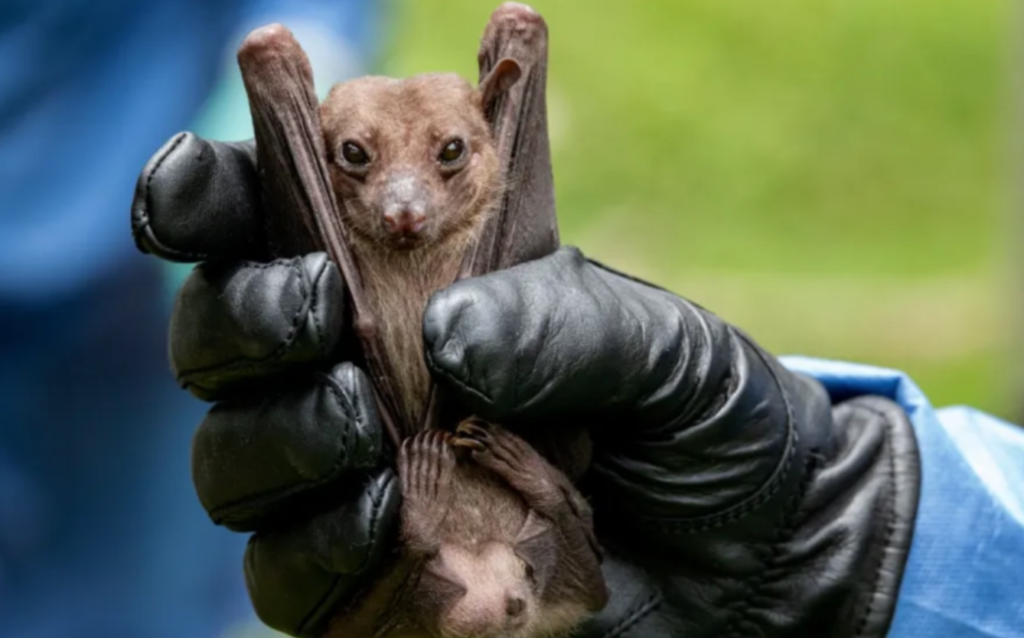


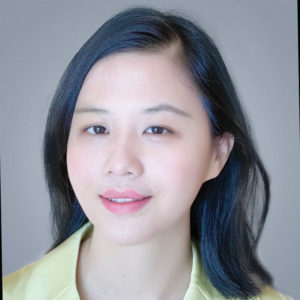
Responses